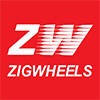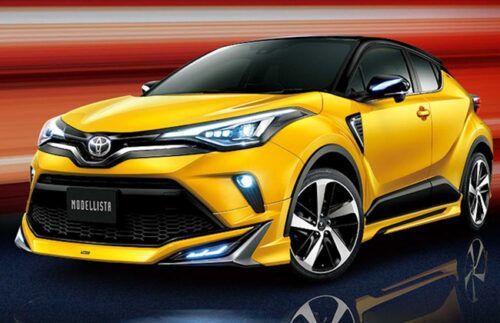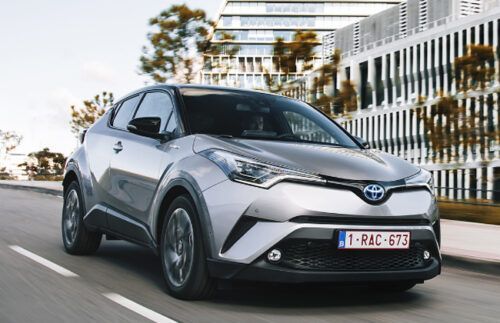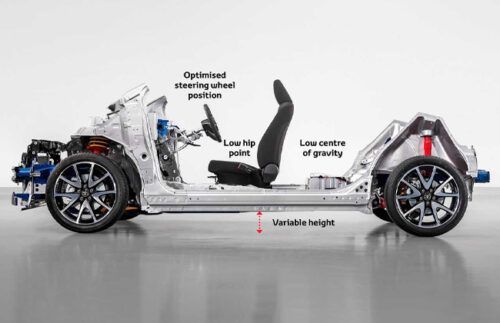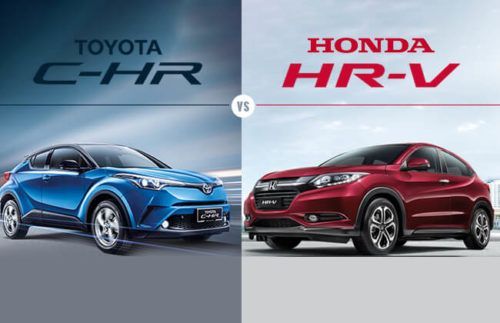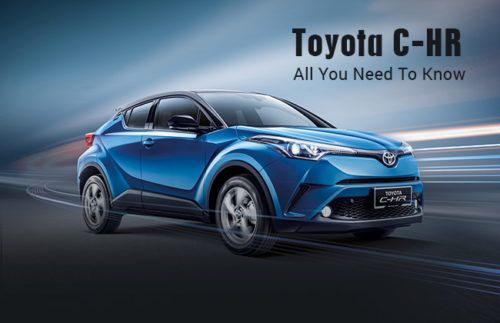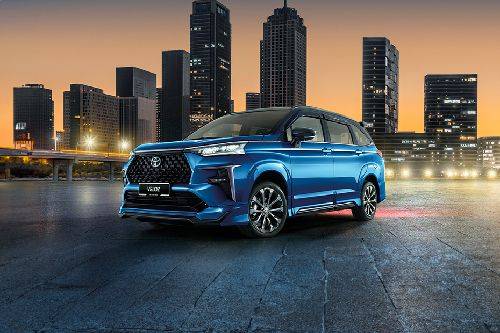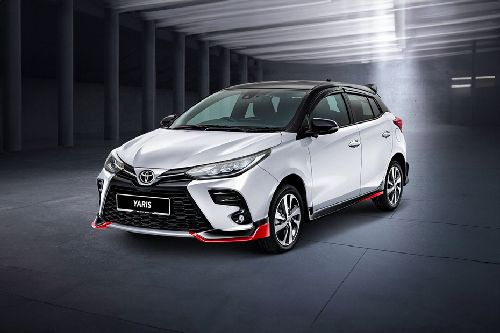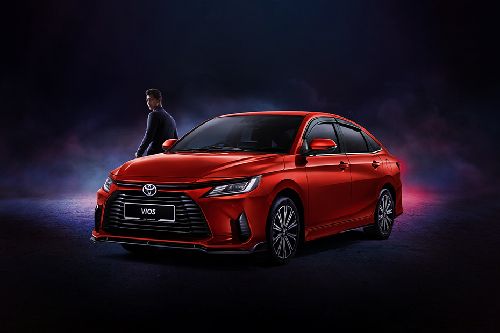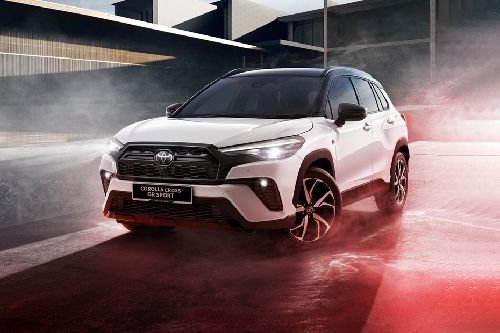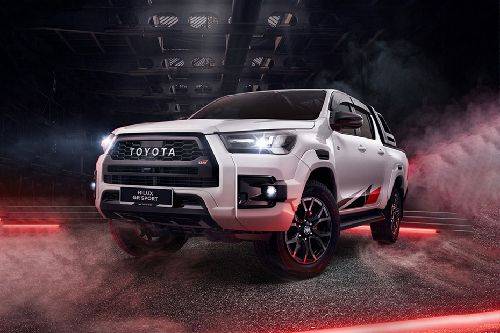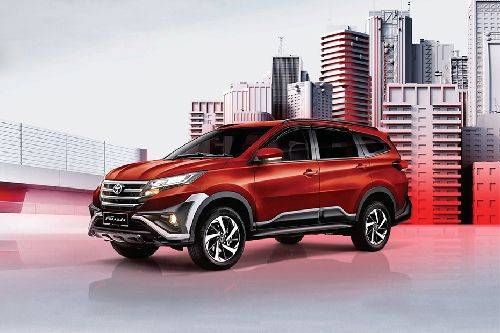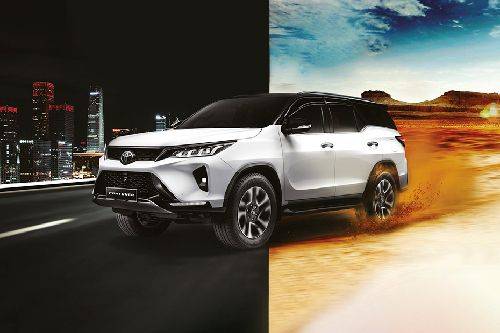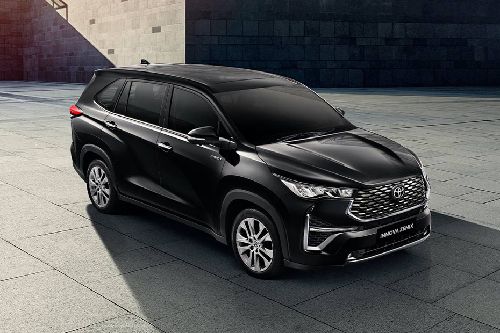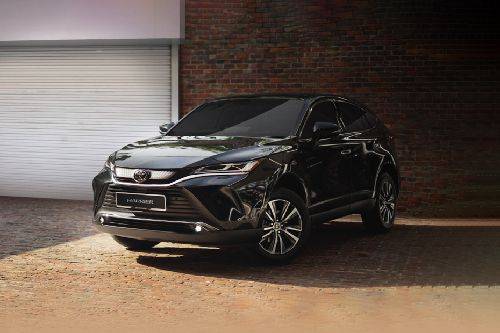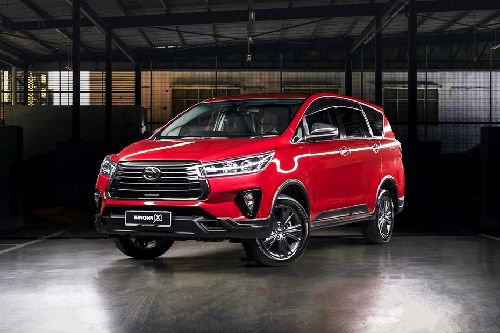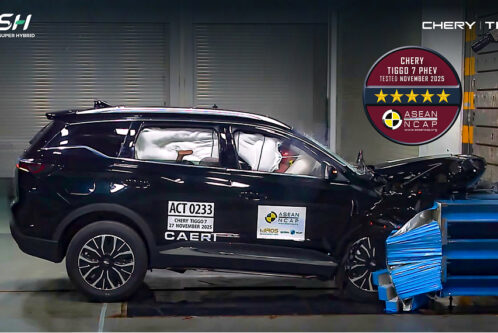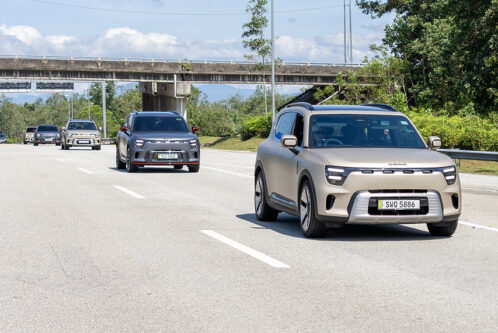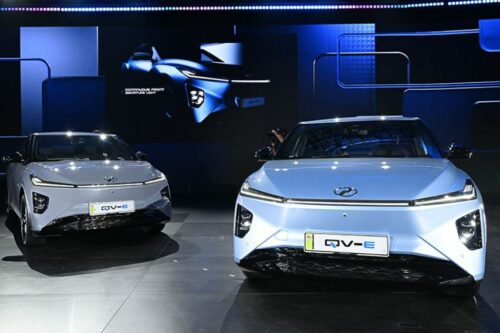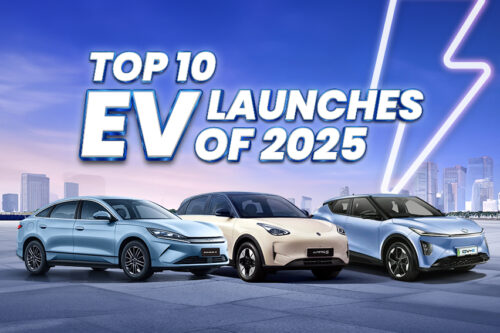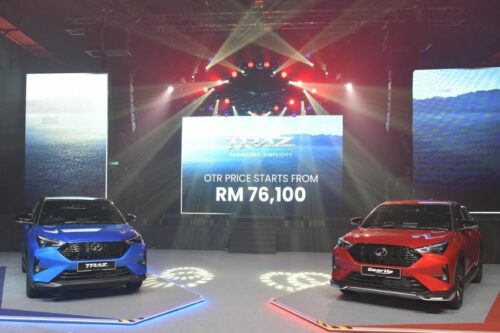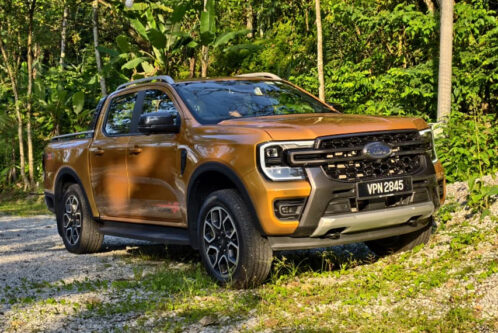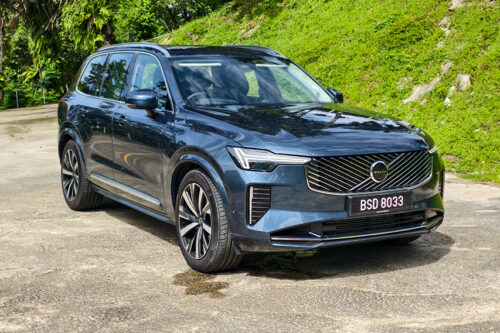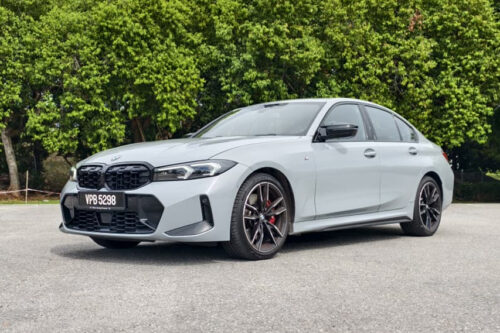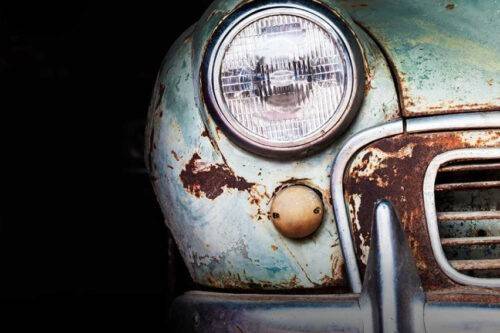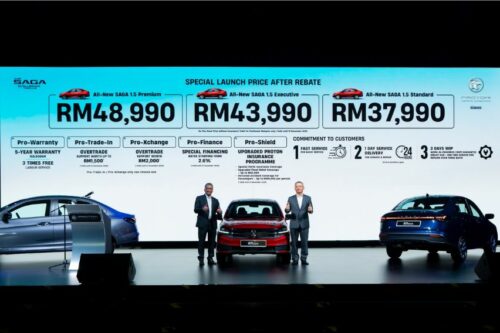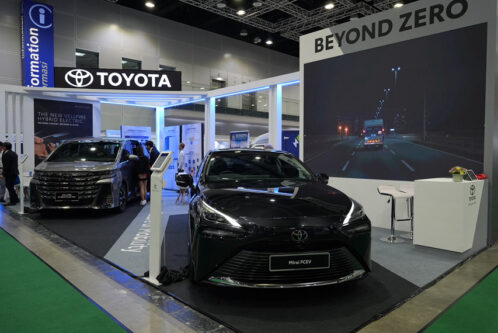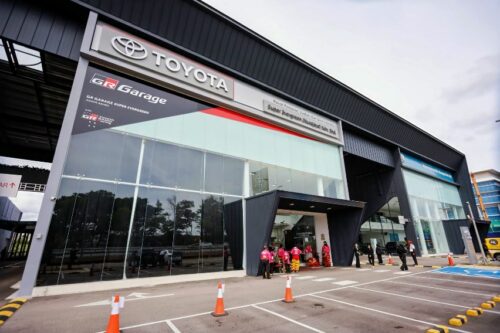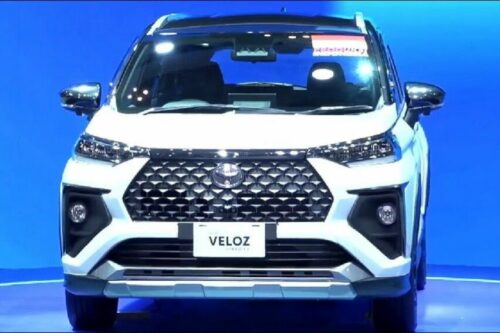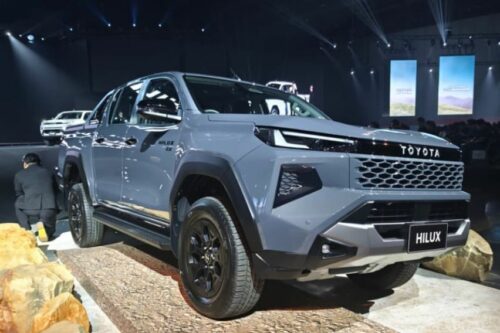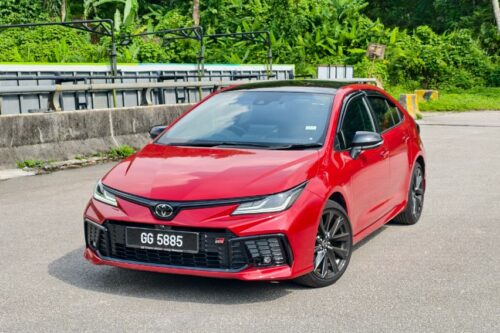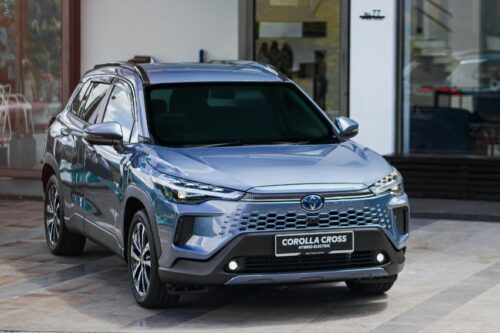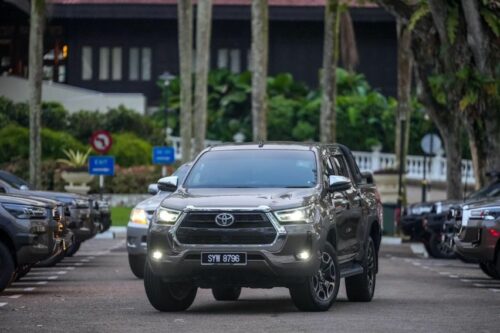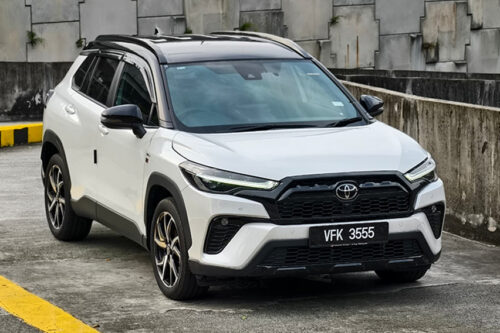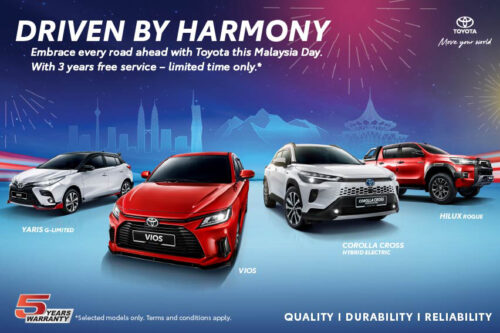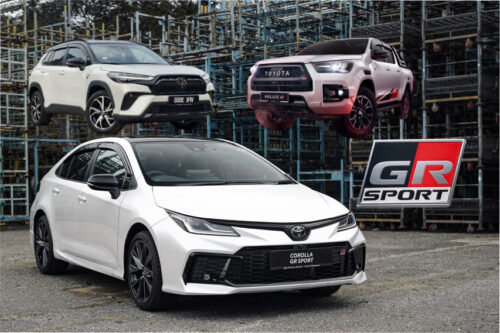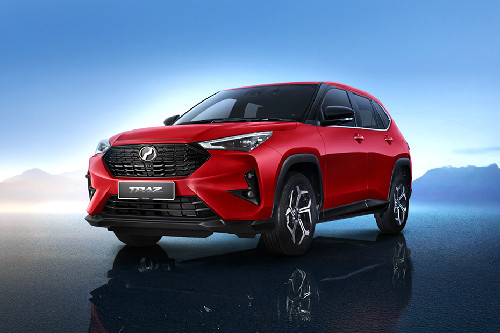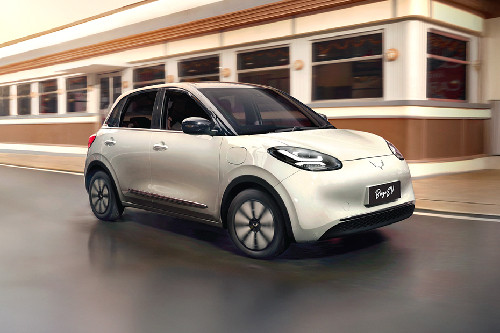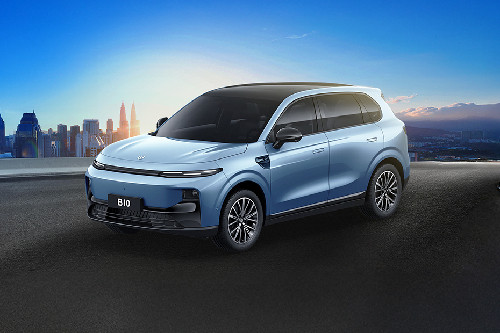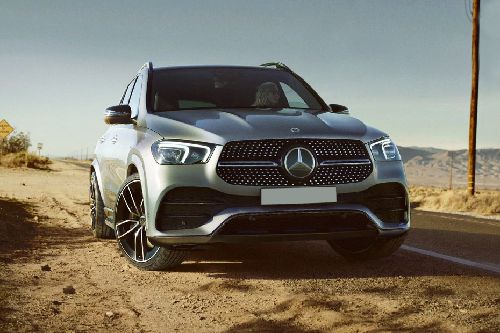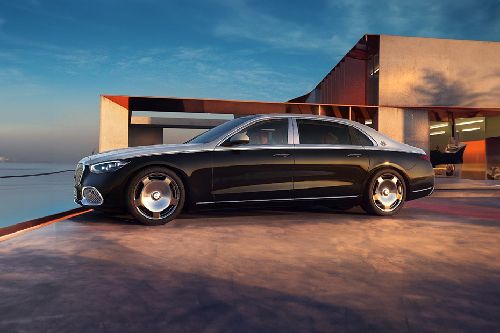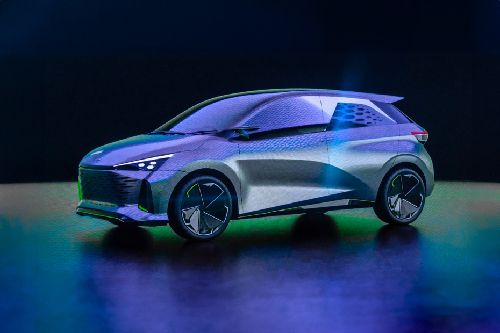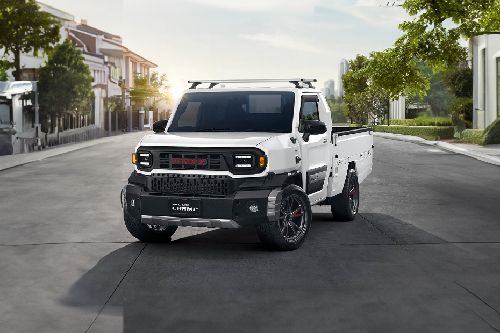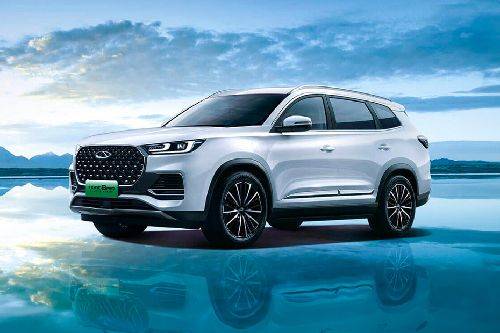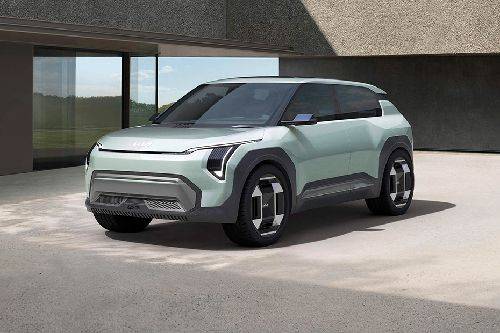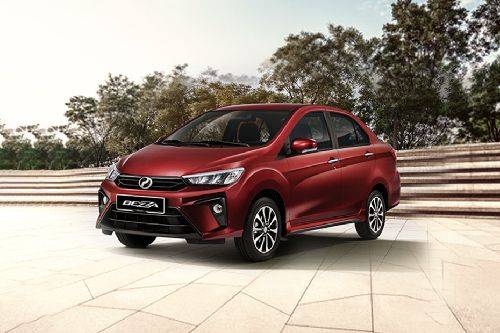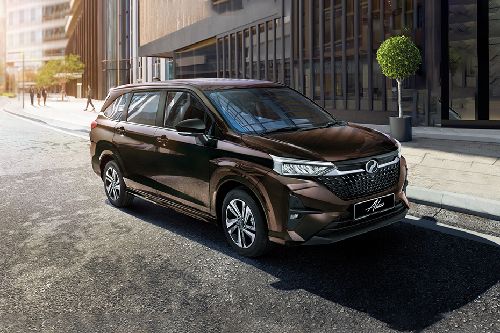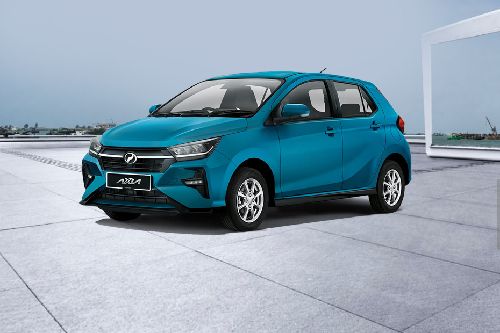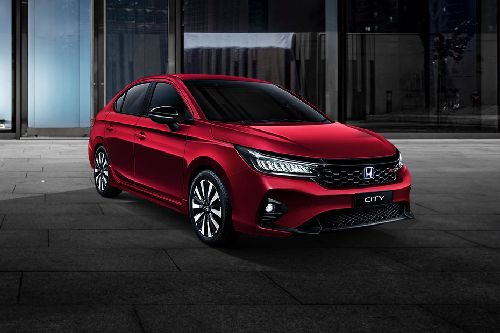Toyota C-HR: Is it really worth the RM 137,299 tag?
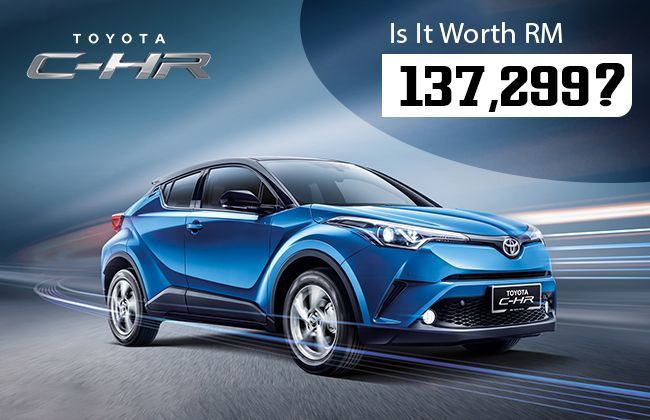
The question you see in the headline now has been out ever since the Toyota C-HR debuted here. The RM 137,299 tag for what is essentially a glorified hatchback or at least looks like one has been on the minds of everyone here. A few Toyota showroom folks, who obviously didn’t want to be named, too agreed that the Japanese company should swallow the bitter pill and reduce prices.
 The sales chart too reflects that with other offerings from manufacturers in the same space is getting much more attention and raking in the moolah. So, let’s put this question to rest once and for all. We are going to take each section of the Toyota C-HR and see where all that money is being spent. Whether it is on the looks, the cabin, safety package, engine/mechanicals or just because of the Toyota badge.
The sales chart too reflects that with other offerings from manufacturers in the same space is getting much more attention and raking in the moolah. So, let’s put this question to rest once and for all. We are going to take each section of the Toyota C-HR and see where all that money is being spent. Whether it is on the looks, the cabin, safety package, engine/mechanicals or just because of the Toyota badge.
Looks a million bucks?
Yes, the car does look unique but then there definitely are better styled and proportioned vehicles in this segment. Lexus influences are dime a dozen with this Toyota. If at all Lexus were to make a compact SUV, it will be styled like the C-HR. Toyota has also ensured that there is a bit of a coupe in there with the C-HR. The SUV not only has its rear door handles neatly hidden in the C-pillar but also has big 18-inch wheels.
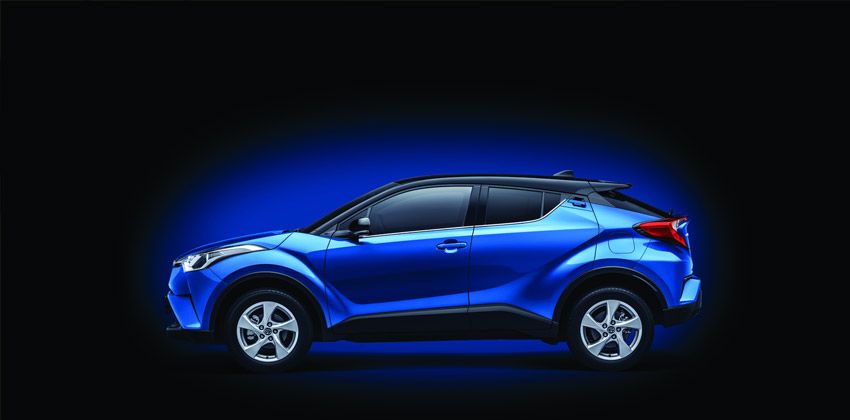
The bi-halogen projector headlights along with the bright LED DRLs cut a prominent figure. It is hard to ignore the C-HR. That much we give it. Even the rear seems like a fairy tale of LED lights. So, all the money has been spent on the way the car looks? If yes, then it should have been made of carbon fibre. Unfortunately, the C-HR is still made of plastic and steel, just like any other regular car. Let’s move on to the interior then.
A cosy place to be?
This definitely will not be the place where Toyota seems to have spend premium money. The C-HR’s cabin looks good but not radical as the outside. There is the optitron meter with a 4.2-inch multi-information display being given out in colour. The 7-inch capacitive touchscreen music system is a pop-out unit and gets six speakers. It also hosts smartphone connectivity, USB, Bluetooth, HDMI, Wi-Fi, Internet browser and voice recognition. Unfortunately, there is no Android Auto or Apple CarPlay associated with the smartphone connectivity.
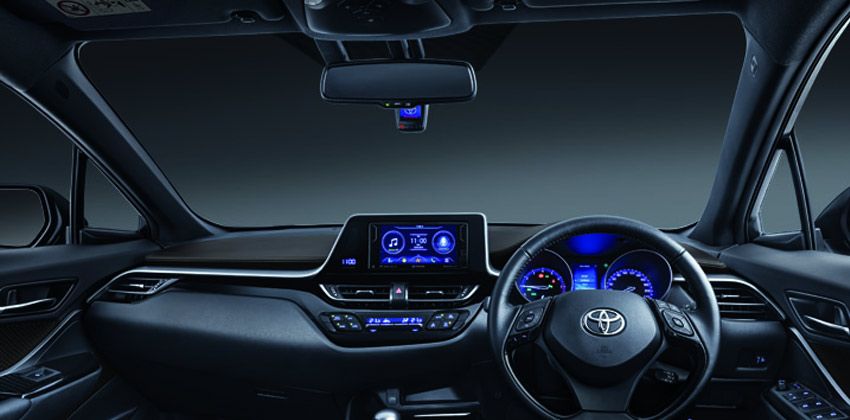
The uniqueness here is the digital video recorder placed below the electrochromic mirror. It is optional and will record your journey for you. The front seats are comfortable but you sit low in them unlike a crossover like the HR-V. The rear seat again is a tad tight for ingress but surprisingly once you are in, there is a lot of headroom as well as decent legroom. Sitting three abreast will have them jostle for shoulder space then. The boot itself is slightly bigger than that of a hatchback. However, the 60:40 split arrangement helps carry more luggage. Toyota gives you keyless entry, push-button start, height adjustable front seat belts, dual zone climate control and multifunction steering wheel.
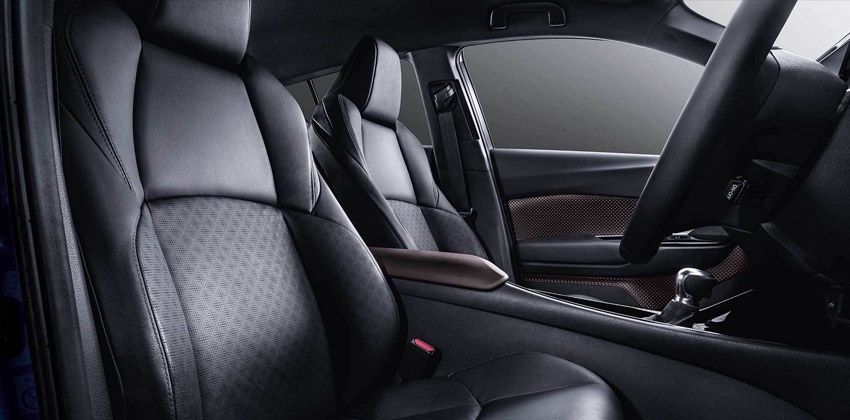
Apart from the video recorder, there isn’t anything unique here. No powered seats too. Nope. The money hasn’t been spent here too. Let’s check the engine
Engine and transmission
Toyota uses a 1.8-litre naturally aspirated 4-pot VVT-i petrol engine that makes 140 PS of power and 171 Nm of torque. This engine is mated to an e-CVT gearbox that has seven ratios to play around with. Toyota offers Eco, Normal and Sport modes with the C-HR. These alter the engine and throttle response depending on the mode selected.
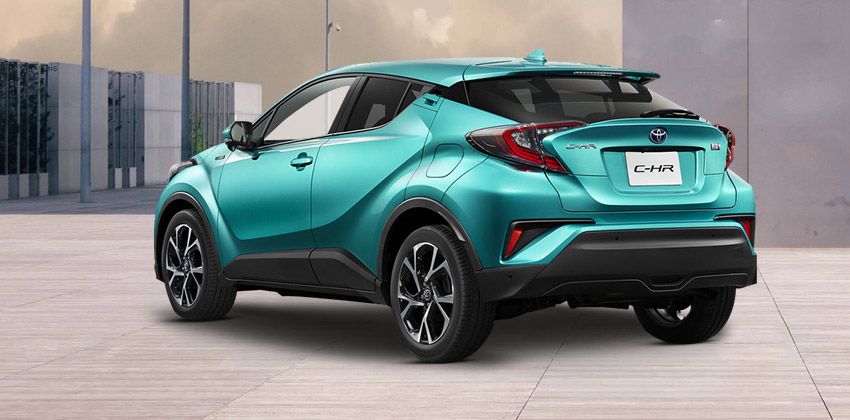
The engine isn’t the sporty companion for this car. It is responsive no doubt, but will also make you work for it. Toyota has tuned the NVH to be on the lower side and the engine is quiet as well for the major part of it. The 0-100 kmph time of 9 seconds and the top speed of 192 kmph aren’t ground shattering either. Neither is the overall efficiency of 12 kmpl.
Again, a big NO in this department.
Safety
Toyota offers a lone variant of the C-HR and this one is literally the same unit you will get overseas too. GNCAP recently crash tested this model and gave it a full five stars. The safety kit with the C-HR includes front/rear parking sensors, Blind Spot Monitoring, Auto Brake Hold, Electric Parking Brake, Tyre Pressure Monitoring, Vehicle Stability Control, Traction Control, Rear Cross Traffic Alert, Hill Start Assist Control, Rear Parking Camera, ABS and seven airbags. Needless to say, the competition has been creamed as none of them offers all these features. The TNGA architecture on which the C-HR is built is also world renowned for its safety.
Toyota seems to have spent a majority of the money in making the C-HR a safe car and it shows too
Is it or not?
Well, if you value your life and those of the occupants, then the Toyota C-HR makes sense. It is fully kitted with safety technology and looks outlandish too. However, if you were to factor in the not-so-exciting engine as well as interior, then you will realise that the Honda HR-V with slightly less safety kit on offer makes more sense. For us, then the Toyota C-HR isn’t value for money.
Toyota C-HR Related Stories
- News
- Featured Stories
Toyota Car Models
Malaysia Autoshow
Trending & Fresh Updates
- Latest
- Popular
You might also be interested in
- News
- Featured Stories
Toyota Featured Cars
- Latest
- Upcoming
- Popular
Latest Toyota C-HR Car Videos on Zigwheels

